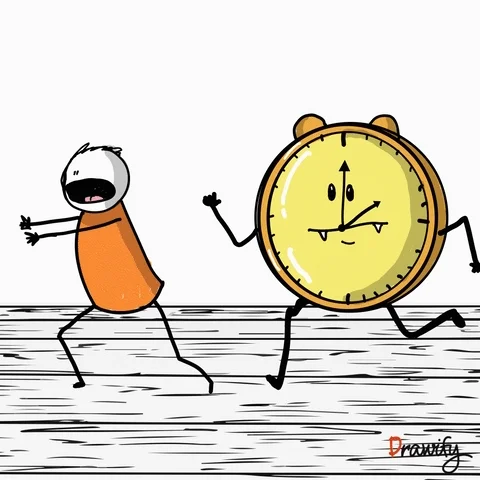
It's night time and you know you need to sleep, but you find yourself tossing and turning, thinking about all of the things you need to do before the deadline of your next assignment or work task.
Your heart is racing and you feel helpless as the stress takes hold of you. You have so much to do and so little time!

Did you know that there's a way to avoid this scenario before your future deadlines? Learn some effective stress management techniques to use as your deadline approaches!
1. Make A "To Do" List
We often feel overwhelmed about a deadline when we really haven't thought about what needs to get done in order to meet it. This is why a "To Do" list is so important.
Most people find that when they list all the tasks that need to get done before the deadline, it's far shorter than they expected. Having a "To Do" list makes it all more manageable, thereby reducing your stress!
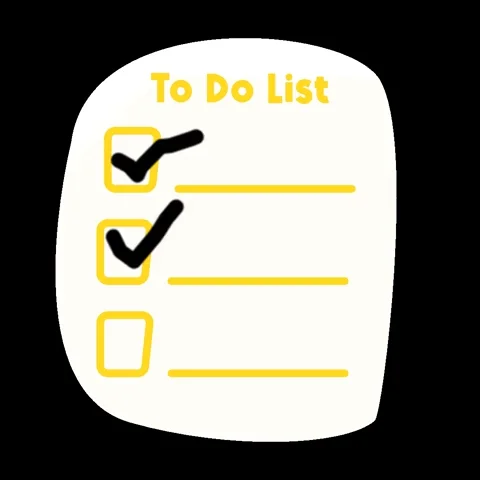
Did you know?
2. Prioritize and Chunk Your List
Now that you have a list of tasks, you should review them to see which ones are critically important. Start by prioritizing your list. Ask yourself, "Which tasks must get done first?"
Number each item to demonstrate its level of urgency (i.e.: 1 being most important and 10 being least important).
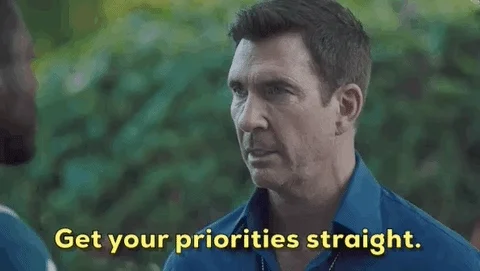
Now chunk your list into manageable steps. If you put too many tasks in one step, it may not get done effectively.
If you need to read 10 research papers and take notes and try to do that all in one step, you can easily become overwhelmed. You may decide 3 research papers and notes is enough in one step.
Quiz
If you have an essay due in 3 days, which would be an example of a reasonable "chunk"?
Did you know?
3. Plot a Timeline
Now that you have a "To Do" list, decide how you'll tackle the list to meet the deadline. Think about how long each task will take and then plot the timeline.

For example, if you need more articles for a research paper, you might decide to dedicate a morning to going to the library or researching online.
Or, if your essay has 5 paragraphs, you might decide to work on the outline and introduction on Tuesday and the body paragraphs on Wednesday.
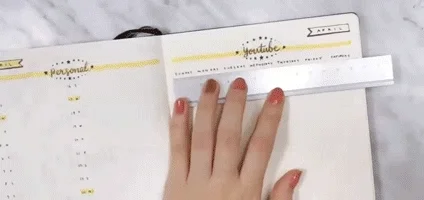
Once you have all tasks plotted on your timeline, it's time for a break!
Did you know?
Subscribe for more quick bites of learning delivered to your inbox.
Unsubscribe anytime. No spam. 🙂
4. Take Breaks

While it may seem counterintuitive to take a break before a deadline, it's an important part of using your time effectively. Taking breaks can reduce your stress levels, making you more productive when you return to your tasks.
While it's important to take breaks, you need to ensure they're time-limited to about half an hour. Be sure to set an alarm to remind you to get back to work!
It's a good idea to mix up your breaks with both active and passive activities.

Active Breaks
go for a run/jog
lift weights
do yoga or dance
sing

Passive Breaks
read a book
watch reels or funny videos
play video games
phone a friend
Quiz
When working feverishly on a task, how will you know it's time for a break?
Did you know?
Take Action
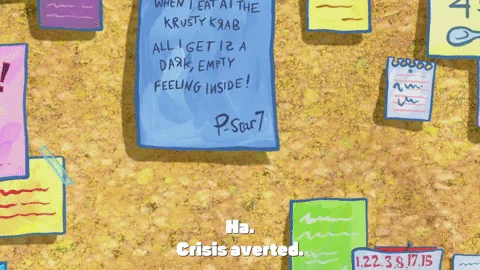
You're probably reading this because you are feeling stressed about a looming deadline. Don't worry, just follow these steps for successful stress management techniques!
Your feedback matters to us.
This Byte helped me better understand the topic.
